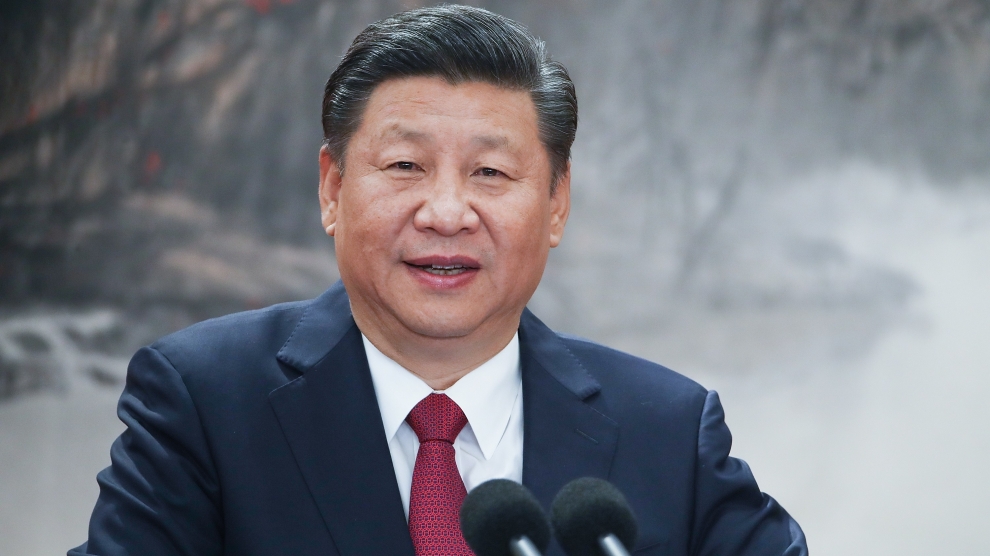The European Union should step up its response to China’s investment strategy, according to a new report from the European Court of Auditors (ECA).
The ECA warns that the EU faces several challenges in managing its response, including how to better set, implement and track its own strategy on China and coordinate the actions of EU institutions and individual member states as regards their bilateral relations with China. The auditors also point to incomplete data on Chinese investments in the EU and note the need for robust mapping of risks and opportunities.
“China has risen as a significant economic player internationally and EU-China relations will affect the lives and economy of EU citizens for years to come,” said Annemie Turtelboom, the ECA Member responsible for the report. “An effective response to the geopolitical shift would require the EU to step up its strategy on China, and member states to act together with the EU institutions as a Union.”
The report says that since the 1980s, China has been implementing an investment strategy that encourages its state-owned enterprises and private companies to invest in strategic sectors abroad. Its two main pillars are the Belt and Road Initiative (BRI) on connectivity and the industrial Made in China 2025 strategy – both aiming at securing the country’s economic growth and influence. The European institutions have undertaken several initiatives – of which the most recent one in 2019 (the EU-China strategic outlook) marked a shift in tone in EU-China relations by referring to China as both a partner and systemic rival. In addition, member states cooperate with China bilaterally, often according to their own national interests and without informing the European Commission even when there is a requirement to do so. Such a fragmented approach fails to promote the economic power of the EU acting collectively. In this context, the auditors highlight particular challenges the EU faces in acting in a timely and coordinated manner where a concerted approach could be an advantage – as in the case of 5G security.
Chinese investments in the EU have increased over the last two decades and while the ECA report recognises that these can have positive effects on European economies, such as promoting growth and jobs, these investments involve strategically important sectors including energy, telecoms, ports and railways. Furthermore, Chinese state-owned enterprises have been behind over half of these investments in the EU. Under EU rules, such subsidies would, if granted by a member state, be treated as state aid. This difference in treatment can distort competition in the EU’s internal market and makes it difficult for the EU to achieve a level playing field for its businesses and investments.
The auditors identify several elements which hamper informed EU policy-making on China. They point out that it was difficult to obtain an overview of investments forming part of the Chinese state-driven investment strategy in the EU, partly due to fragmented and incomplete data. Also, the EU institutions have not yet conducted a formalised comprehensive analysis of the risks and opportunities of China’s investment strategy.
The auditors’ compilation of risks and opportunities – the first of its kind – points to 18 political, economic, social, legal and environmental risks, such as member states becoming excessively indebted to China or firms being forced to transfer technology. If they materialised, these risks would have a negative impact on reciprocity and the existence of a level playing field. Moreover, three of these risks (gaps or duplication in connectivity infrastructure, shocks to EU supply chains, and transmission of disease) are not yet covered by any of the Commission’s or the European External Action Service’s current actions.
As part of the same compilation, the auditors also flag 13 opportunities for the EU in the political and economic arena. These include Chinese investments and activities which can contribute to peace and security (including global public health), and the opportunity for EU engagement with China (including international multilateral development banks), to potentially increase international lending capacities in several sectors, facilitating economic growth for member states.
The EU is China’s largest trading partner, and China is the EU’s second largest trade partner after the United States.
—
Unlike many news and information platforms, Emerging Europe is free to read, and always will be. There is no paywall here. We are independent, not affiliated with nor representing any political party or business organisation. We want the very best for emerging Europe, nothing more, nothing less. Your support will help us continue to spread the word about this amazing region.
You can contribute here. Thank you.







[…] To avoid this, targeted incentives should be granted to products from CEE countries in order to expand their exports to […]
[…] To keep away from this, focused incentives must be granted to merchandise from CEE nations so as to expand their exports to […]
[…] To avoid this, targeted incentives should be granted to products from CEE countries in order to expand their exports to […]
[…] this, focused incentives ought to be granted to merchandise from CEE international locations so as to expand their exports to […]